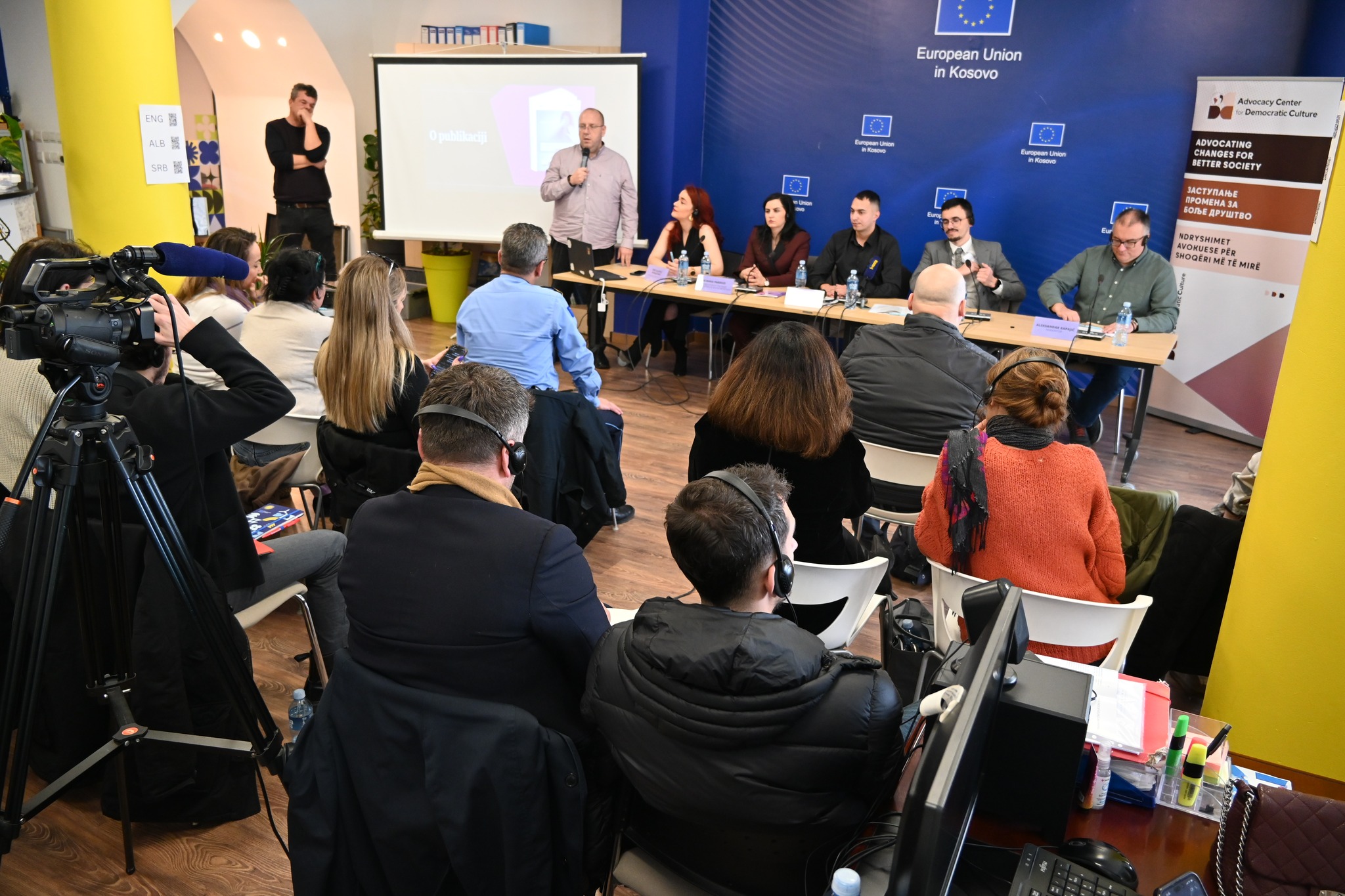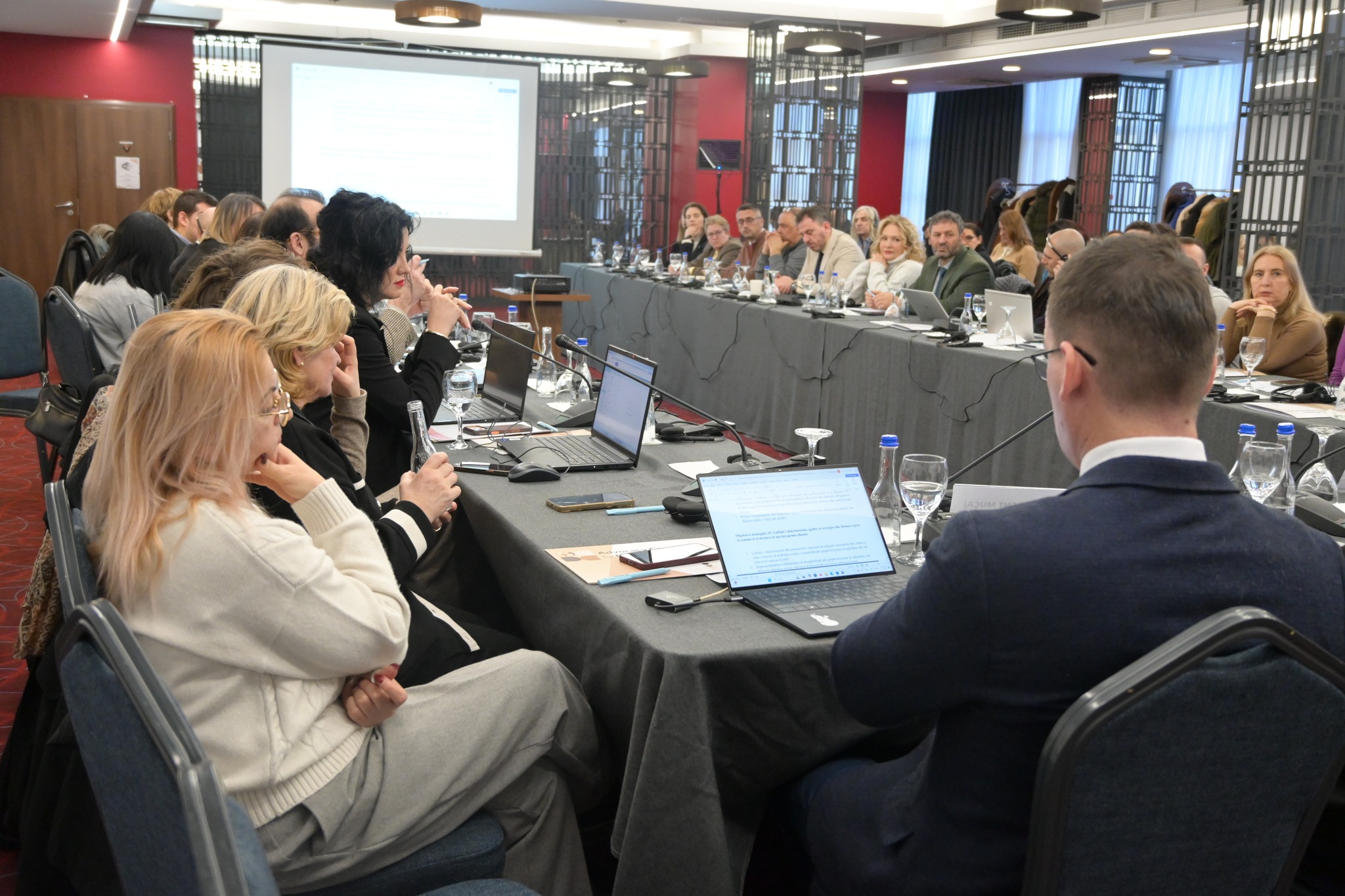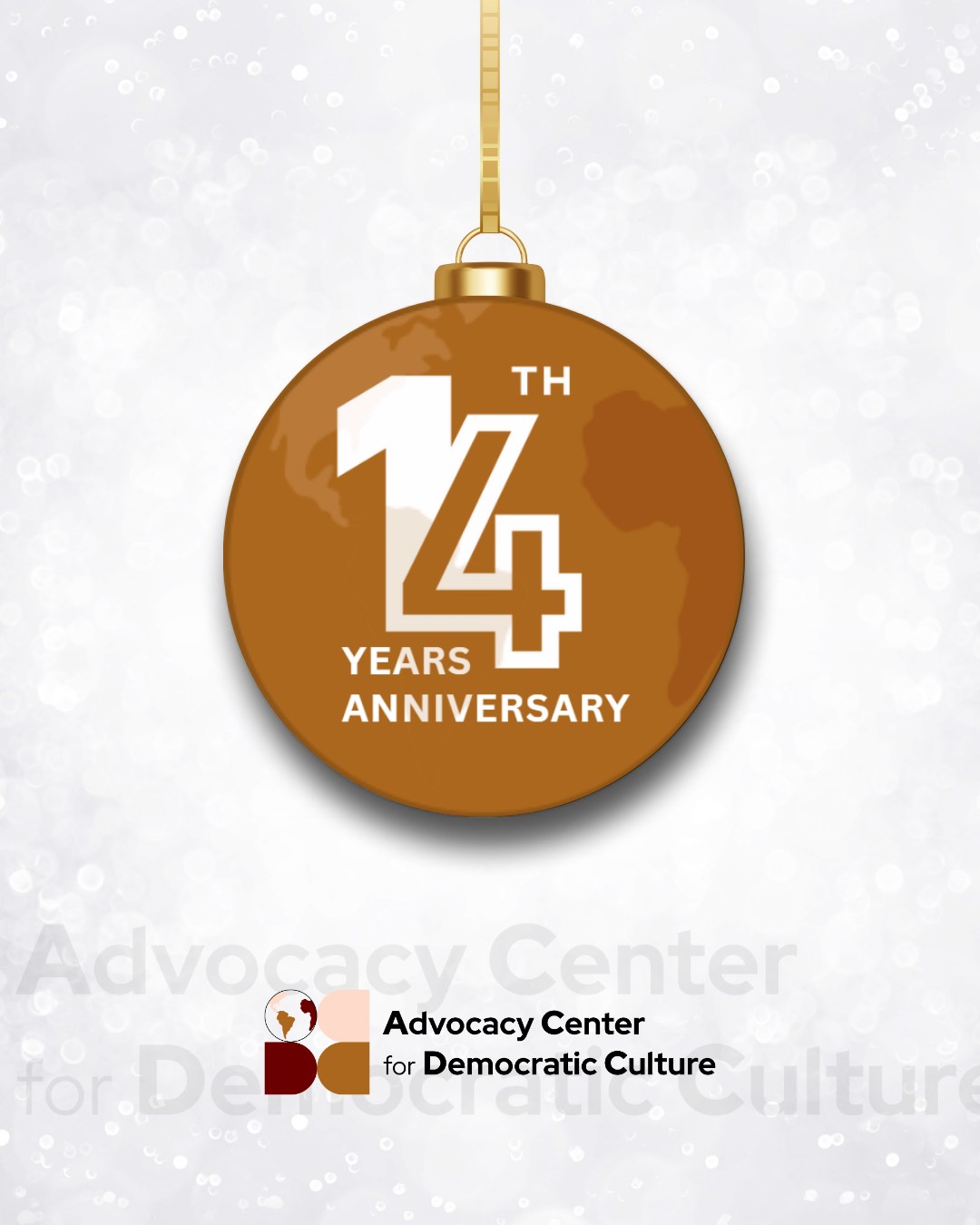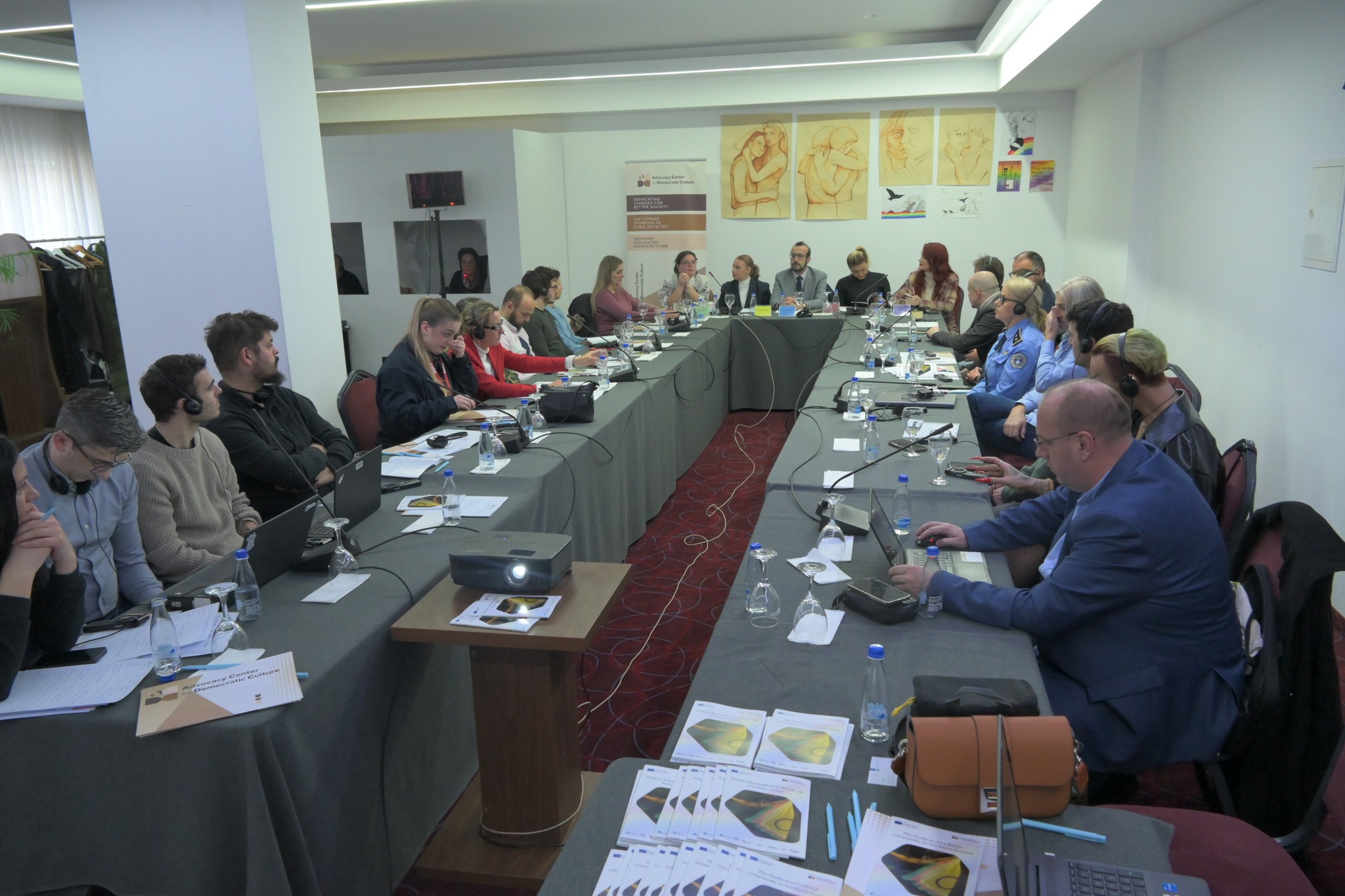07.07.2023. » 09:01
OP - ED Presumption of Innocence Principle and Fair Trial: Protection of Basic Human Rights in the Judicial System
The right to a fair trial is one of the fundamental rights proclaimed by the European Convention on Human Rights. In his text, the author Miroslav Marković emphasizes the importance of the right to a fair trial and highlights the principle of presumption of innocence as a universal principle for all types of trials. According to this principle, every person accused of a criminal offense is considered innocent until proven guilty under the law. Respecting these principles is not only necessary for a fair trial but also for building a society based on respect for basic rights and justice.
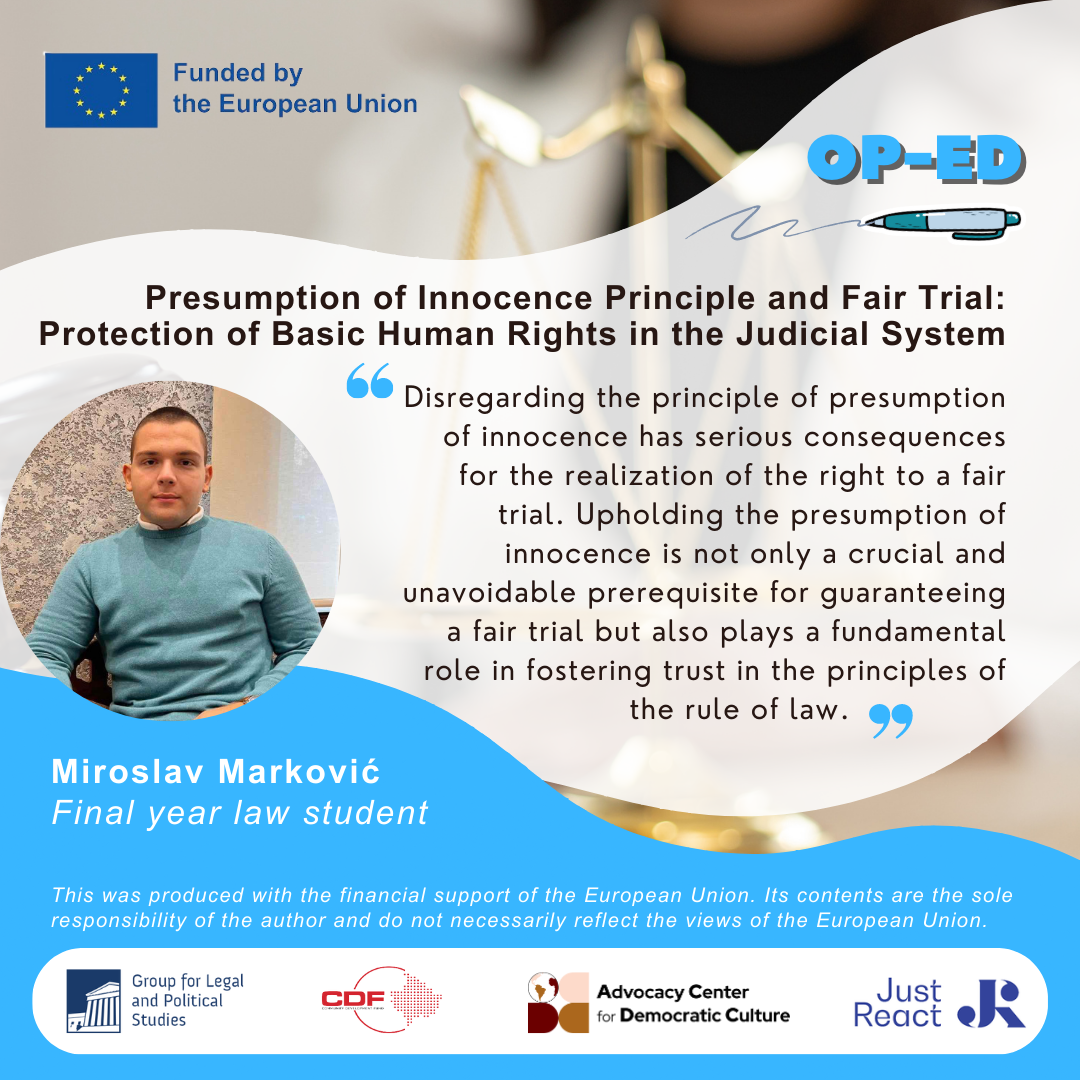
The right to a fair trial is one of the fundamental rights proclaimed by the European Convention on Human Rights, clearly stated in Article 6, which says:
"Everyone is entitled to a fair and public hearing within a reasonable time by an independent and impartial tribunal established by law, in the determination of his civil rights and obligations or of any criminal charge against him... Everyone charged with a criminal offense shall be presumed innocent until proved guilty according to law."
The aim of the legal system is to enforce legal regulations and establish a healthy system of values regulated by laws, and sanctions should be the most adequate, in a way that does not offend the person being tried. Sanctions must be implemented according to all penal standards, with prior application of criminological methods to address the nature, causes, consequences, and prevention of criminal behavior.
Just as the principle "Nullum crimen nulla poena sine lege" applies in criminal law and "Nemo iudex sine actore" in civil law, the principle of PRESUMPTION OF INNOCENCE applies as a universal principle for all types of trials.
The assumption is that this principle falls within the principles of "favor defensionis" (defense principles). However, unlike other rights of the accused, this right distinguishes itself because renouncing it does not have any legal effect. Even in the case where the accused admits to committing the crime, the presumption of innocence operates against their will precisely because the court is obligated to respect the presumption of innocence throughout the proceedings and when formulating its decisions. The presumption of innocence has the character of a legal presumption, which are facts that the law assumes exist without the need for proof, and they can be rebuttable or irrebuttable. The presumption of innocence is rebuttable, so the law allows that, although there is a basis, evidence can be presented contrary to the established presumption.
The Declaration of the Rights of Man and of the Citizen of 1789 is the first document in which the presumption of innocence was envisaged. Article 11 of this declaration states:
"Everyone charged with a criminal offense has the right to be presumed innocent until proved guilty according to law in a public trial at which he has had all the guarantees necessary for his defense..."
The practice of the European Court of Human Rights indicates that there are widespread problems in this regard. Disregarding the principle of presumption of innocence has serious consequences for the realization of the right to a fair trial. Upholding the presumption of innocence is not only a crucial and unavoidable prerequisite for guaranteeing a fair trial but also plays a fundamental role in fostering trust in the principles of the rule of law.
For a society to be considered civilized and in line with developed societies, it is necessary to respect basic rules and principles. I believe that by respecting the right to the so-called "innocence," a significant step would be taken towards unifying this rule in our society. Therefore, this term should not be in quotation marks and should not be something that exists only on paper. We should grant individuals the right to defense and operate on the presumption of their innocence, regardless of the nature of their offenses or the level of suspicion surrounding them. Taking this into account, I would also like to mention that how we judge an individual can have consequences beyond the trial itself. It can impact their behavior in prison, their eventual release, and their integration into social life.
Of course, it is easy to assume that one mistake will not harm anyone and will not bring about any change. However, such thinking is misguided. As a civilized society, we should value every individual and their rights.
---
The author of this text is Miroslav Marković, a final-year student at the Faculty of Law in Kosovska Mitrovica.
This publication was created as part of the project "Improving the capacity of the Agency for Free Legal Aid in northern Kosovo”, conducted by NGO ACDC. The project is part of the JUST REACT program, which is implemented by the Community Development Fund (CDF) and the Group for Legal and Political Studies (GLPS), and funded by the European Commission.
This was produced with the financial support of the European Union. Its contents are the sole responsibility of the author and do not necessarily reflect the views of the European Union”.
Latest news


